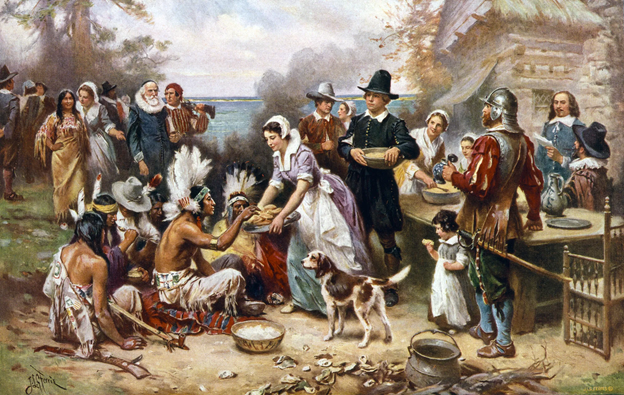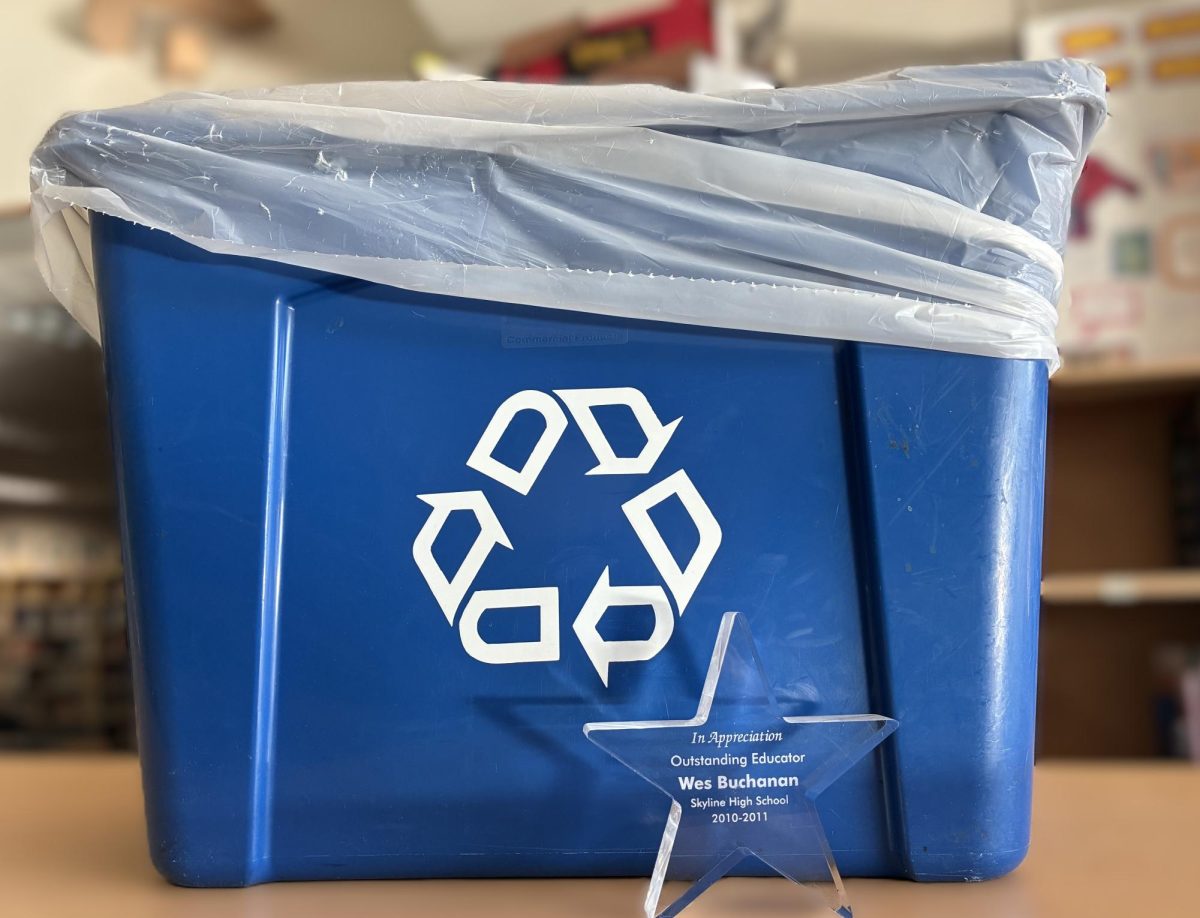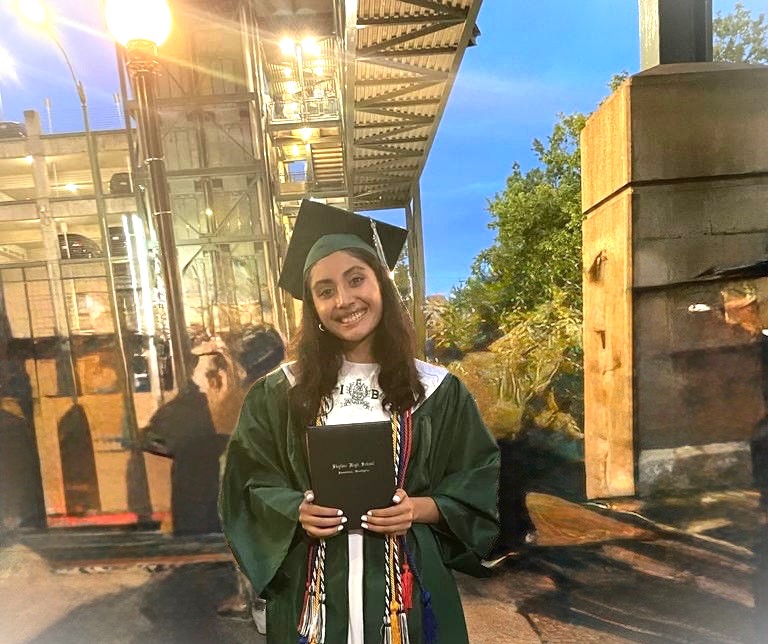Thanksgiving, as celebrated in the United States, is often associated with gratitude, feasting, and the narrative of peaceful cooperation between Pilgrims and Indigenous peoples. However, for many Native Americans, the holiday evokes a complex and painful history tied to colonization, displacement, and cultural erasure.
The popular narrative of Thanksgiving centers on a harmonious meal between the Wampanoag people and the Pilgrims in 1621. Thanksgiving has been romanticized in many Americans’ hearts and has become part of national nostalgia. While the Wampanoag did assist the struggling settlers by sharing agricultural knowledge and resources, the broader context tells a story of broken treaties, land loss, and violent conflict that followed this period of initial cooperation.
For many Indigenous people today, Thanksgiving is a day of mourning and resistance. Events such as the National Day of Mourning, held annually in Plymouth, Massachusetts, honor Indigenous resilience and survival while challenging the myths perpetuated by the traditional Thanksgiving story. This day serves as a reminder of the sacrifices Indigenous ancestors made and the ongoing struggles faced by Native communities.
As awareness grows, more Americans are taking steps to recognize the full history behind Thanksgiving, including learning about the land they live on, supporting Indigenous causes, and amplifying Native voices. By embracing these perspectives, the holiday can transform into a moment of shared reflection and genuine gratitude for all cultures and histories.
For more information:
Rethinking Thanksgiving Celebrations: Native Perspectives on Thanksgiving









